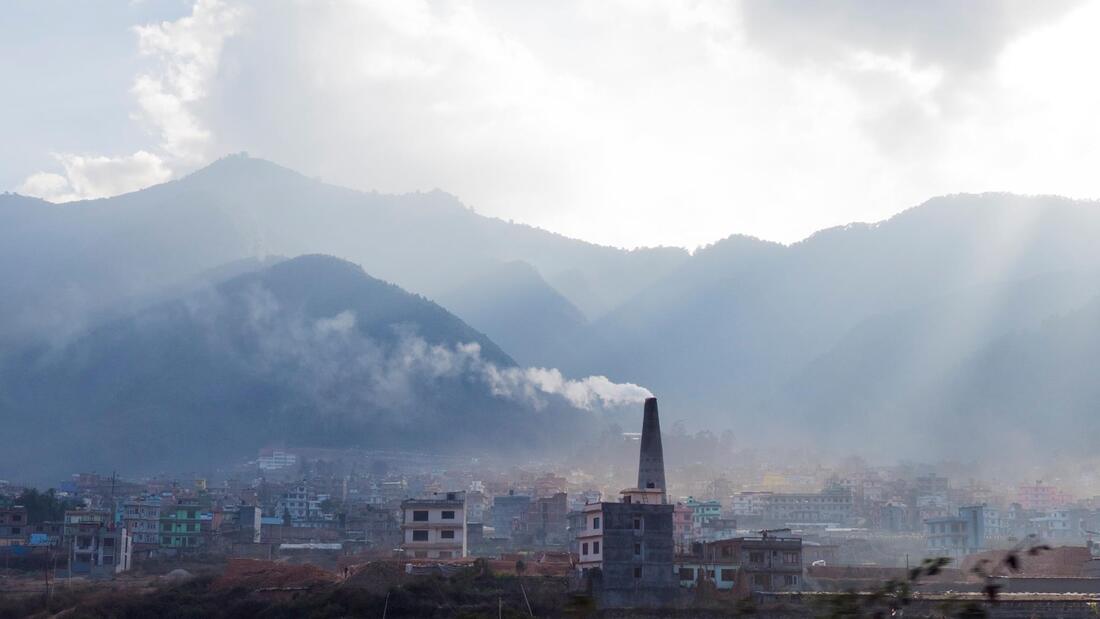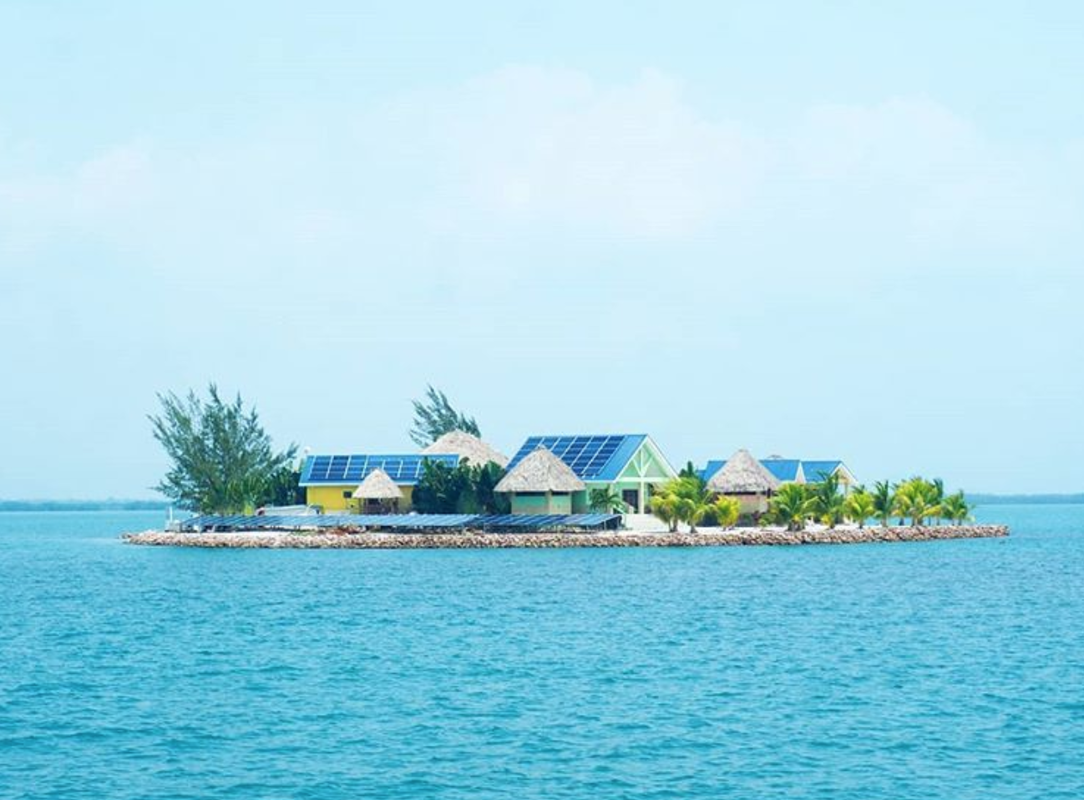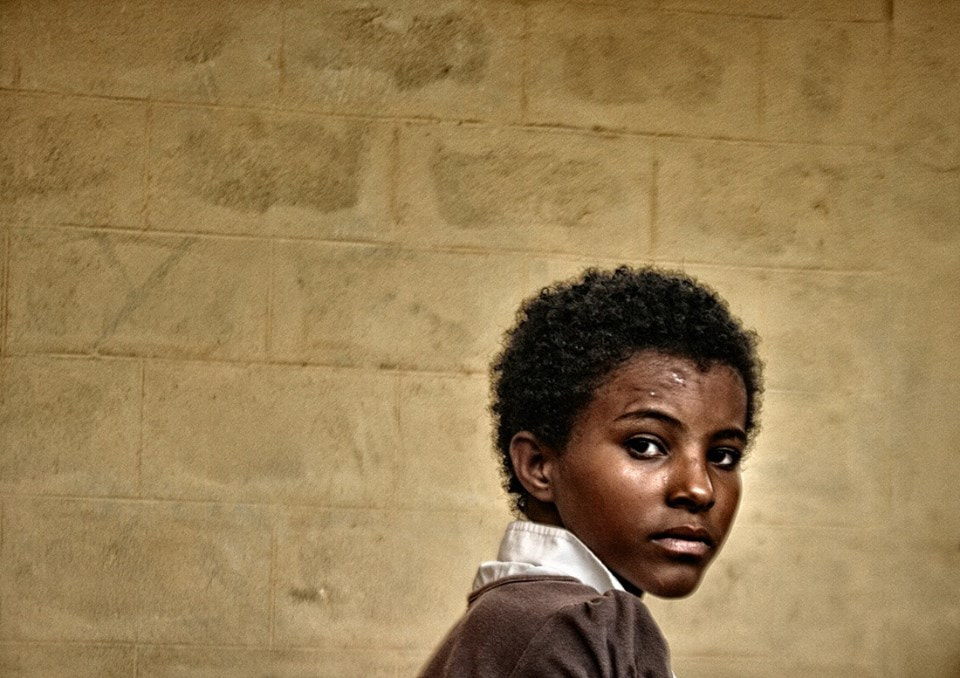Coronavirus and the climate crises are connected: A positive perspective by Jasper Wilkins13/9/2020 The coronavirus has created an unprecedented global health epidemic that is impacting billions of people and will most likely cost the economy trillions of dollars (as predicted by the UN). However, we must not forget the other pressing issue that revolves around the same problem: the exploitation of animals, which is not only the cause of the coronavirus and other health issues, but is also a leading cause of climate change and deforestation. If this is not a wakeup call for what we consume, and for us to change, then I don’t know what is? I do not need to tell you the negative impact coronavirus has had all over the world, because I am sure you know. Instead here’s some information about the some of many things we can be hopeful for – positive things are happening too:
As we stay inside and think about the freedom that we once took for granted; simple seeing friends, eating at a restaurant or going for a walk. The birds are still singing, the skies turn blue and pollution clears, the planes are grounded, the boats ashore and roads are empty. Reducing our impact on the environment. In Japan, deer are roaming city streets, In Venice, the canal water is clear, In Thailand, the monkeys are fighting. In China, air pollution has been cut 25%. The lesson within this struggle: we are not invincible, and if we do take a step back, we can make sustainable change. When we open our doors and go back outside, we will look around at this diverse world, and I hope we can see it in a different light. The situation is uncertain and as governments and countries aim to control the virus, we need to realise that if we don’t change our ways, this is just the beginning. One thing we know for sure is that coronavirus was transmitted from animals in China, and 75% of new viruses come from other animals. (Link) The exploitation of non-human animals is a leading cause of climate change, health issues and the death of trillions of animals.
If we continue business as usual once this epidemic is over, it will be a great shame, since this is an opportunity to focus. From how we have come together and dealt with these crises, it is apparent that we deeply care about our and others’ wellbeing (except when tissue roll is involved!). Could this be our last opportunity to choose a sustainable alternative path for humanity and the other animals we share this incredible earth with?
0 Comments
I sometimes find myself feeling disheartened by the bombardment of negative media surrounding issues such as politics, inequality and climate change. Additionally to this, half of the world’s population is currently isolating due to covid-19. While doing an online course on sustainable development I realised humanity has progressed in many ways and there’s so much we have achieved in just 20 years. In this article I will summarise five ways the world has improved over the past 20 years to highlight that there’s many positives: 1. Life Expectancy Global life expectancy has improved by 9 years since 2000. 2000: 66 years 2000: 73 years Did you know that around 100 years ago, people lived to the age of 30 on average? There’s a combination of reasons that has contributed to this; improved healthcare, sanitation and less poverty. We can improve our chances of living longer by simple eating healthier, staying active and drinking water. 5/10 of the oldest people currently alive are Japanese women with can be accounted to regular physical activity, healthy diet and a community. (Source) (Source two) While in Okinawa, Japan I interviewed people about longevity and purpose. This 103 said her secret to living a long and happy life was having a supportive community around her. (Jasper Wilkins) 2. Global poverty Poverty has dropped by 20% globally since 2000. 2000: 28% 2020: 8% Additionally to this; since 1990, one quarter of the world’s population has risen out of extreme poverty; this is amazing progress for humanity. But we still have to work to do; 700 million people still live in extreme poverty globally. (Source) While working in Ethiopia during 2013 with ICS it was apparent that basic healthcare, water sanitation and hygiene was lacking. I was shocked to see how caring and loving these people were. (Jasper Wilkins) 3. Internet and the Information age. Internet access has increased by 1500% since 2000. 2000: 5% 6.1 billion people. 2020: 57% of 7.8 billion people. The widespread accessibility to the Internet has endless benefits; from financial and communication to knowledge and opportunities. A platform that can give you instant access to information is incredible and I think it’s sometimes taken for granted. Can you imagine how much harder life without be without the internet? (Source) I personally have benefited from the Internet and it’s an integral part of my work, I can’t imagine life without it. I completed my university dissertation about the Internet and belief; It is apparent that technology has massively helped humanity. (Jasper Wilkins) 4. Renewable energy Renewable energy has increased globally by over 250% since 2000. Global production of renewable energy (TeraWatt Hours) 2000: 2872 TWh 2018: 6673 TWh Climate change is one of the biggest threats to modern civilisation and if we continue to deplete the earth’s resources, this will be a very sad earth to inhabit. Due to the accessibility of information (number 2) and technological capabilities, we now have the capability to drastically change. People are becoming increasingly aware about humanities impact and sustainable solutions are more common. (Source) (Source two) I have been inspired by countless communities, organisations and governments making big change to mitigate climate change, creating sustainable solutions to these important issues. There’s still so much to do and we must stay hopeful. (Jasper Wilkins) 5. Females in secondary education The percentage of females in secondary has improved by 18%. Percentage of females in secondary education: 2000: 57% 2020: 75% An increase in educated females improves a society greatly; decreased mortality rate, decreased population explosion (educated women have less children), decreased domestic violence and improved socioeconomic growth. (Source) An African proverb says: “If we educate a boy, we educate one person. If we educate a girl, we educate a family – and a whole nation.” While working in Ethiopia (2013) I met some incredible females passionate about making the world a better place. Through my experience (especially within international development) I have witnessed females achieving incredible things for humanity and this happens more often through education. (Jasper Wilkins)
|
|







